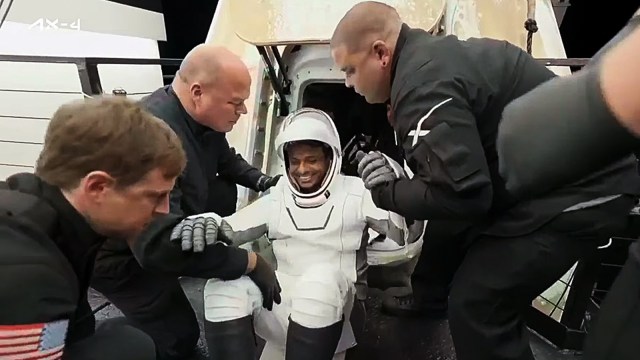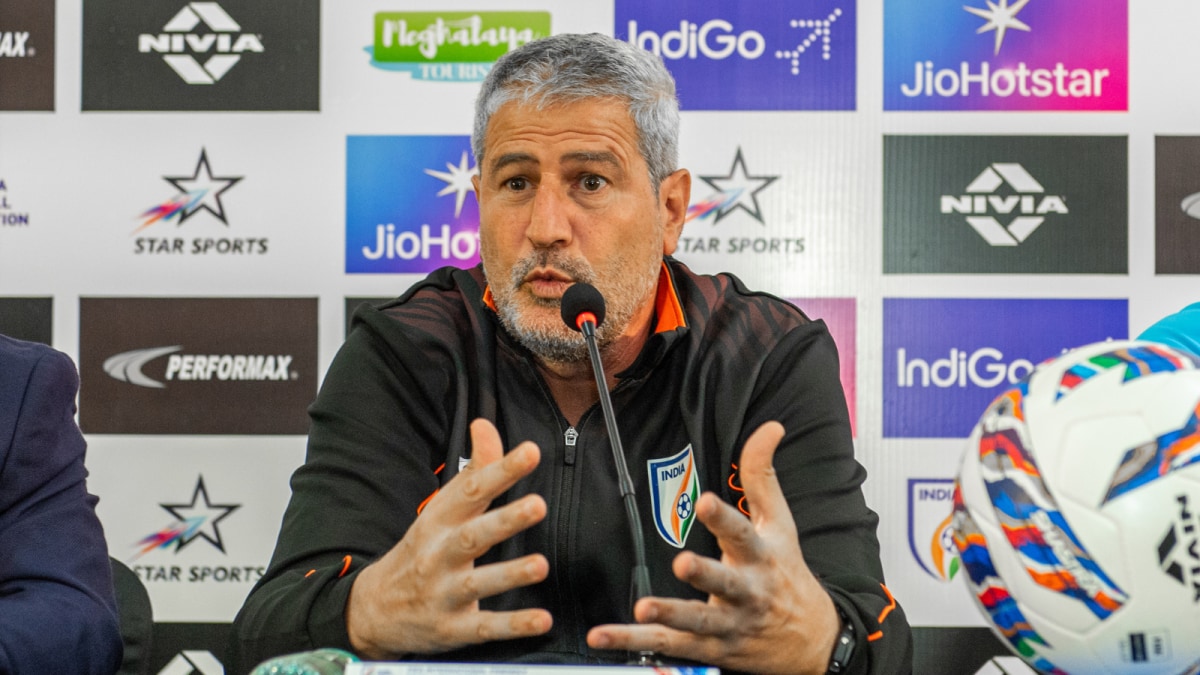ARTICLE AD BOX
 Group Captain Shubhanshu Shukla and Axiom-4 crew assisted out of the Dragon Spacecraft onto the recovery vehicle, after their return to earth from the International Space Station 18 days later, on Tuesday. (Source: Axiom Space/ YouTube)
Group Captain Shubhanshu Shukla and Axiom-4 crew assisted out of the Dragon Spacecraft onto the recovery vehicle, after their return to earth from the International Space Station 18 days later, on Tuesday. (Source: Axiom Space/ YouTube)
After orbiting the Earth 288 times and spending 18 days aboard the International Space Station (ISS), Indian Air Force Group Captain Shubhanshu Shukla returned safely to Earth on Tuesday afternoon. Alongside astronauts from Poland and Hungary, Shukla became the first Indian to travel to space in over four decades.
The multinational crew’s journey came to an end with a smooth splashdown in San Diego, California. Their SpaceX Dragon capsule undocked from the ISS and completed its journey home in less than 24 hours, bringing Axiom Space’s fourth private astronaut mission Axiom-4 to a successful close.
After first step back on Earth, what’s next?
The return from space is just the beginning of a new phase for astronauts. Immediately after splashdown, Shukla and his crewmates were assisted out of the capsule by SpaceX recovery teams. On board the recovery vessel, they will undergo initial medical checks to assess their vital signs and overall condition.
These checks are part of a post-flight health monitoring protocol designed to track changes in the body caused by spaceflight. Since health parameters are recorded before launch, comparisons post-landing help scientists and doctors understand the effects of microgravity on the human body.
The Axiom-4 pilot Shukla will undergo a battery of tests including cardiovascular assessments, balance and coordination evaluations, immune function checks, and series of psychological. NASA and the Indian Air Force will monitor his physical and mental health closely over the coming weeks.
Reconditioning…
Adjusting back to Earth’s gravity is not immediate. During their stay in microgravity, astronauts experience muscle atrophy, a reduction in bone density, and a shift in bodily fluids that can affect circulation and organ function.
To help the body readjust, astronauts are given personalised reconditioning plan. The plan also aim to re-train the body’s muscle sense system, the sensory network that helps a person sense position and movement which is disrupted in space.
Story continues below this ad
The effects of microgravity
Speaking from the ISS during the mission, Shukla mentioned the disorientation he felt in the initial days of spaceflight. “It’s the first time for me, so I don’t know what to expect (upon return). The only hope is — I did have some symptoms coming up — so I am hoping that I will not have it going down. Unless and until I get the worst of both the worlds and I get it both the times,” he stated.
Astronauts often experience what is termed as “space motion sickness” in their early days in orbit. The brain receives conflicting signals from the inner ear, which normally helps us stay balanced under Earth’s gravity. Upon return, the challenge reverses as the body readapts to gravity, sometimes making simple acts like standing up or dificulty in walking.
According to reports, Shukla and his crewmates will soon be transported to NASA’s Johnson Space Centre in Houston, either by ship or aircraft.
Since 2022, Axiom has led several private missions to the ISS as part of NASA’s broader initiative to commercialise space and eventually replace the ISS with privately built stations. NASA plans to decommission the ISS by 2030 after more than three decades in orbit.



.png)
.png)
.png)

























 English (US) ·
English (US) ·